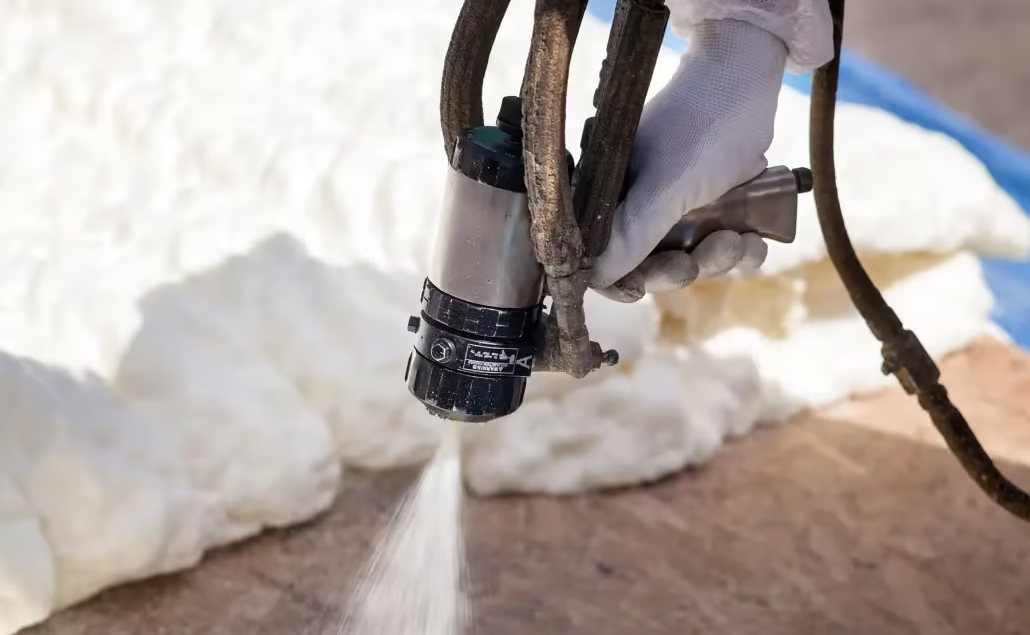Energy Efficiency Solutions for Homes and Businesses
Energy Efficiency: The Key to Sustainable Living
Energy efficiency refers to using less energy to perform the same tasks, reducing energy waste. This concept is crucial for both environmental sustainability and cost savings. By improving energy efficiency, households and businesses can contribute to lowering carbon footprints, reduce reliance on non-renewable resources, and save money on utility bills.
What is Energy Efficiency?
Energy efficiency is the use of technology that requires less energy to perform the same function. For example, LED light bulbs consume far less energy than incandescent bulbs, yet provide the same level of light. Similarly, modern insulation materials can improve the thermal efficiency of buildings, reducing the need for excessive heating or cooling.
One of the key benefits of energy efficiency is the reduction in energy consumption. This not only lowers energy costs but also helps conserve the environment. As energy demand continues to rise globally, energy-efficient technologies are becoming increasingly important in addressing both economic and environmental challenges.
Benefits of Energy Efficiency
Energy efficiency offers numerous benefits that extend beyond financial savings. Here are some of the primary advantages:
- Cost Savings: Efficient energy use can significantly lower utility bills. Whether through improved insulation or using energy-efficient appliances, homes and businesses can save a considerable amount over time.
- Environmental Impact: Reducing energy consumption helps lower greenhouse gas emissions, contributing to the fight against climate change.
- Increased Comfort: Well-insulated homes and buildings are more comfortable to live in, with consistent indoor temperatures throughout the year.
Energy Efficiency in Insulation
One of the most effective ways to improve energy efficiency is through proper insulation. Insulation helps to maintain desired indoor temperatures by reducing heat loss in winter and keeping cool air inside during the summer. There are several types of insulation that contribute to energy efficiency, including spray foam insulation, attic insulation, and eco-friendly insulation options.
Spray foam insulation is a popular choice due to its ability to fill gaps and cracks that can lead to energy loss. It is highly effective in sealing areas that traditional materials may miss, providing superior air barrier performance.
Learn more about Spray Foam Insulation and its benefits for your home or business.
Attic Insulation
Attic insulation is another essential element in improving energy efficiency. The attic is a prime area for heat loss, so insulating it effectively helps maintain a stable temperature inside the home. This reduces the need for heating and cooling systems to work overtime, saving both energy and money.
Learn more about attic insulation and how it improves energy efficiency.
Eco-Friendly Insulation Options
Eco-friendly insulation materials such as cellulose and cotton are gaining popularity. These materials are made from recycled products, making them an environmentally conscious choice. They offer similar energy efficiency benefits as traditional insulation while also reducing waste.
Find out more about eco-friendly insulation options by visiting Eco-Friendly Insulation.
Energy Efficiency in Buildings
Building energy efficiency involves using energy-efficient building materials and technologies. From windows and doors to HVAC systems and insulation, a well-designed building can minimize energy use without compromising comfort.
Energy-efficient buildings often utilize smart thermostats, LED lighting, and high-performance insulation to ensure that energy is used optimally. For example, high-efficiency windows can prevent heat loss during winter while blocking excessive heat during summer, reducing the need for HVAC systems to operate constantly.
Energy Efficiency in Appliances
Energy-efficient appliances are another way to reduce energy consumption. These include refrigerators, washing machines, and air conditioners that consume less energy than their traditional counterparts. By choosing Energy Star-rated appliances, you can make significant improvements in your home’s overall energy efficiency.
For more information on energy-efficient appliances, check out this resource from Home Advisor.
External Resources on Energy Efficiency
- Thermal Control in Buildings – Building Science
- Insulation Institute
- National Renewable Energy Laboratory (NREL)
- Home Advisor – Insulation Cost
Conclusion: Achieving Energy Efficiency in Your Home or Business
Improving energy efficiency is a powerful way to save money, reduce environmental impact, and enhance comfort. Whether through better insulation, efficient appliances, or energy-saving technologies, the steps you take today can provide long-term benefits. Start making energy-efficient changes today to enjoy lower utility bills and a greener future.
Frequently Asked Questions (FAQ)
What is the most energy-efficient insulation?
Spray foam insulation is widely considered one of the most energy-efficient insulation types because it creates an air-tight seal, preventing heat loss and moisture buildup. It is particularly effective in hard-to-reach areas.
How can I improve energy efficiency in my home?
Start by insulating your attic, walls, and floors. Consider upgrading windows and doors, sealing air leaks, and investing in energy-efficient appliances and lighting. A comprehensive energy audit can help identify areas for improvement.
What are the benefits of energy-efficient windows?
Energy-efficient windows can reduce heat loss in winter and block excessive heat in summer. They help maintain a stable indoor temperature, reducing the need for heating and cooling systems.
Why is energy efficiency important?
Energy efficiency reduces energy consumption, lowers utility bills, conserves natural resources, and reduces greenhouse gas emissions, contributing to a more sustainable future.



